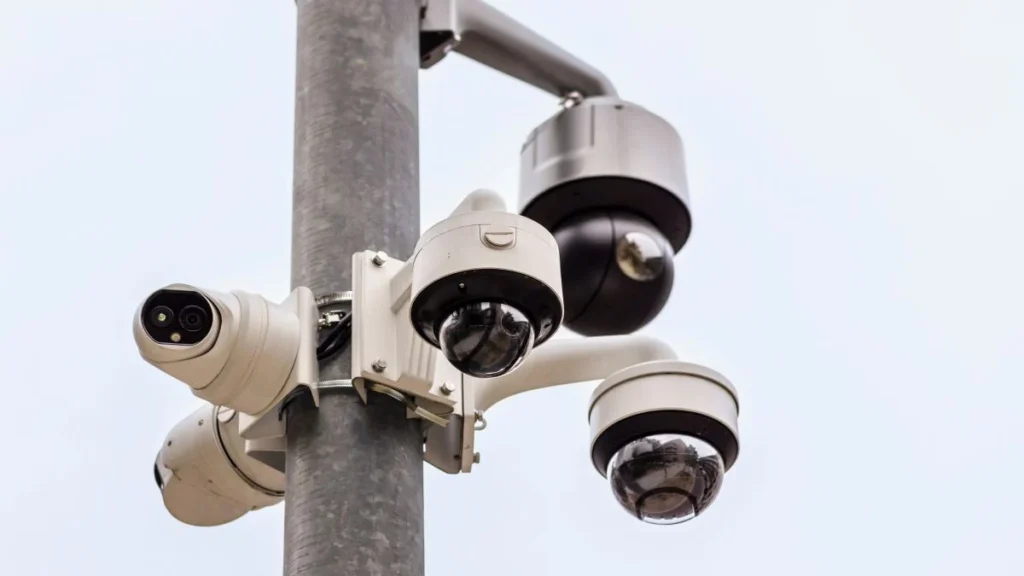Regarding privacy, Nqavashe said that the footage can’t be provided to just any member of the public, although there are ways to access this information.
However, he said there are two ways people can apply for access to footage under certain circumstances, such as proving to an insurer that a car crash wasn’t their fault.
The first is to apply using a case number, which can be retrieved from the case detective or the insurer.
If this option fails, the metro has an application that citizens can use to request access to the information under the Promotion of Access to Information Act by motivating their case.
CCTV is used actively to combat crime in Cape Town, but it is good to know there is also some public benefit that taxpayers could get back from it too.
And for those residents with street facing private cameras, they can also join the city’s greater CCTV network, which, according to Nqavashe, could yield multiple benefits.
He said residents with street-facing CCTV could add their cameras to the network, giving them access to the larger network when they need it.
Cape Town is using these cameras, as well as drones, and other systems to also actively monitor their infrastructure. Unfortunately, there are still high crime rates surrounding the theft of taxpayer-paid infrastructure. Anything made of metal, is in danger of being unbolted and carried away.
See https://mybroadband.co.za/news/security/562134-cape-town-cctv-win.html

